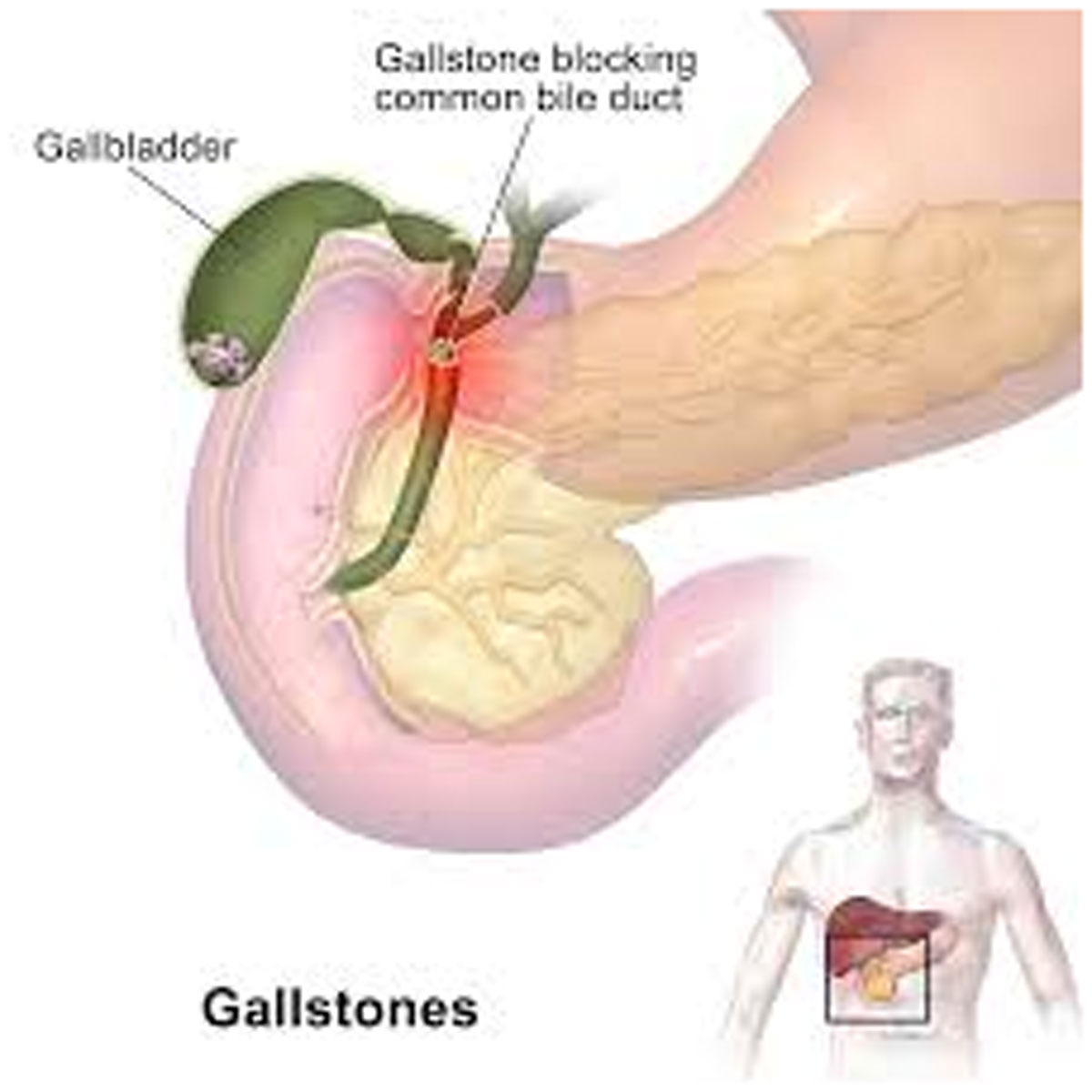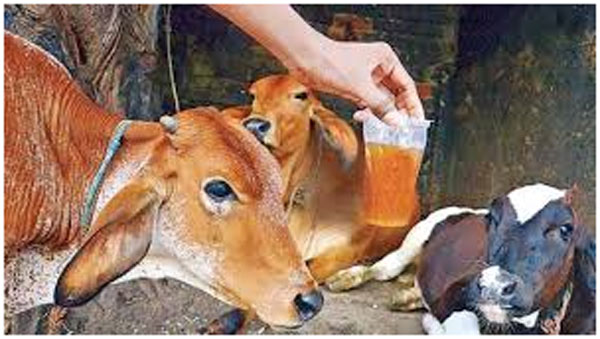Healthy Diet for Gall Bladder Stones
How to Reduce Gall Bladder Stones
Inspiration for this article came when my father was diagnosed with gall bladder stones, while he was suggested to go for cholecystectomy (gall bladder removal surgery), the nephropathy in me was not ready to surrender, so I decided to do some research myself and find answers to heal his condition with food as his primary medicine. With the help of certain modifications in his diet and lifestyle he managed to keep the symptoms and condition under control.

How to Reduce Gall Bladder Stones
The gall bladder is a small pouch-like pear-shaped hollow organ, it is situated under your liver. Bile produced by the liver is stored and concentrated in gall bladder before being released into the small intestine. Bile is dark green to yellowish-brown in color, it helps in digestion of lipids in our body.
Gall bladder stones, also known as gallstones are mostly (about 80%) made up of cholesterol. The remaining 20% is constituted by bilirubin and calcium salts. The exact cause responsible for the formation of gallstones is still unknown. Few believe that excess cholesterol in bile is the causative factor, while others blame the excess of bilirubin in bile. Obesity, high fat diet, diabetes are few common risk factors associated with gallbladder stones.
Symptoms of gallbladder stones
Gallstones lead to abdominal pain in the upper right side, especially after consuming food rich in fats. The pain may last for a few hours and is often unbearable. Other symptoms like – vomiting, nausea, dark urine, clay-colored stool, burping, diarrhea, and indigestion may be present.

Symptoms of gallbladder stones
Complications and risk associated with gallbladder stones
Acute cholecystitis
When the bile duct is blocked by gallstones, Inflammation and infection may occur in the gall bladder. It may be accompanied by intense stomach ache, fever, chills, nausea, and vomiting. It is a medical emergency and you need to immediately seek medical services.
Other complications like- jaundice, cholecystitis, cholangitis, sepsis, gallbladder cancer may be present in chronic cases of gallstones.
Natural treatment for gallbladder stones
If your gallstones are diagnosed and you do not experience any of the above-mentioned symptoms, certain lifestyle changes often guarantee healthy gallbladder.
Maintain a healthy weight and Avoid sudden and rapid weight loss
Eat an anti-inflammatory diet
Choose a low-fat diet, avoid fried food, and include fiber in your diet to support healthy bowel movements. Avoid eating excess fiber, this will prevent gas formation. Restrict caffeinated drinks, high sugar, and high-fat dairy products. 50% of your diet should be comprised of vegetables and fruits. Eat small frequent meals, maintain regular mealtime, this makes it easier for your body to digest and assimilate food.
Avoid late-night dinner post at 9 pm. Hydrate yourself, drink a minimum of 8-9 glass of water every day. Incorporate gallbladder friendly food like – citrus fruits, leafy green vegetables, tomatoes, bell peppers, skimmed milk (restrict the quantity and frequency), beans, lentils, and nuts. Eat plant-based protein, avoid meat.

fenugreek
Eat cholagogue rich food which will support the functioning of your gallbladder. Cholagogue is an agent that promotes the release of bile from the liver and gallbladder. Food like apples, artichokes, beetroot, celery, cardamom, cinnamon, fennel, fenugreek, ginger, turmeric, and black pepper is rich in cholagogue, include them in your diet.
Numerous researches support the role of fenugreek in boosting healthy gallbladder. Fenugreek facilitates the removal of cholesterol from bile, it also increases bile acid concentration.
Avoid food that may aggravate your symptoms associated with gallstones. The list includes – food made with refined flour like bread, pasta, alcohol, tobacco, high fat, and processed food. High fat and processed food are difficult to breakdown increasing your problems associated with gallstones.
Regular exercise
Include sun salutation, i.e. Surya namaskar in your exercise routine, it will improve the overall health and will enhance the function of the visceral organs. Since obesity is a major risk factor for gallstones, it is vital to maintain a healthy weight.
Support your health with dietary supplements
Include nutritional supplements like, vitamin C, lecithin, Iron in your routine diet.
Some insight from ancient Indian Ayurveda for treating gallbladder stones
According to Ayurveda, gallstones are called “Pitta Ashmari”, they are formed because of pitta dosha in your body. ideally, it is advised to seek the consultation of a qualified Ayurveda practitioner for the identification of the root cause. Likewise, it is believed that drinking aloe vera juice daily helps in dissolving gall bladder stones. Aloe vera juice also treats constipation.
Horse gram (kulattha), is useful in treating gallstones in the early stages of formation. Horse gram aids in increasing the blood flow, a soup made with it helps in alleviating stomach pain associated with gall bladder stones.

Cow urine
Cow urine is also recommended, it acts as a natural liver purifier, it regulates the flow of bile and reduces the accumulation of cholesterol in the body. You can consume about 30 ml to 40 ml of fresh and filtered cow urine on an empty stomach in the morning.
Although the above-mentioned remedies are time tested and many people prefer natural remedies, but they are supposed to be followed under the guidance of a qualified Ayurvedic practitioner. Medication and surgery may be required to resolve gallbladder stones. Therefore it advised to is see a medical doctor.














































